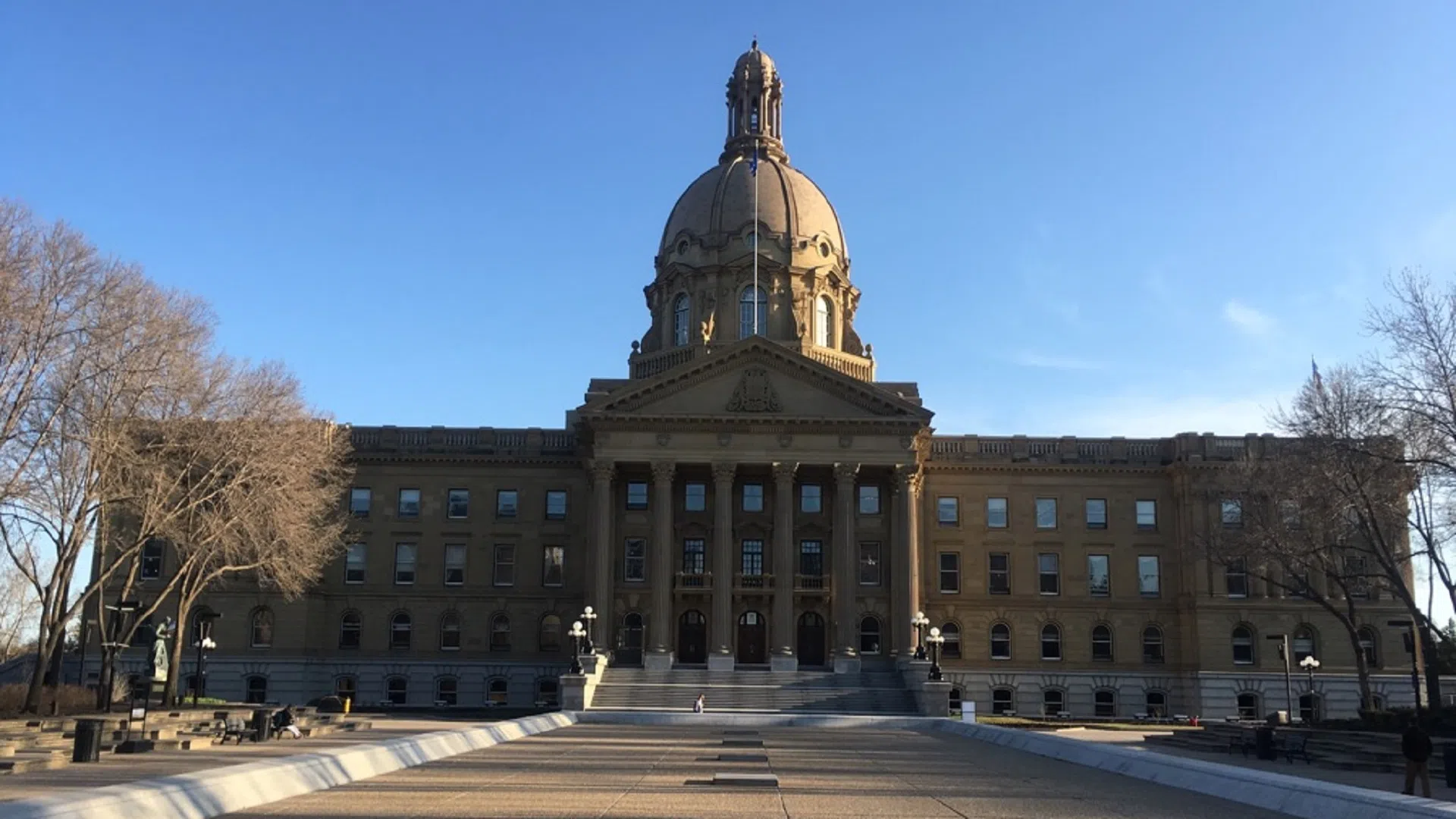
“There are choices to be made”; economist brings perspective to Alberta’s economy
LETHBRIDGE – There are still plenty of options to get the province’s $10.3-billion deficit back under control, according to one local economist.
Dr. Chris Nicol, Professor of Economics at the University of Lethbridge, spoke about his projections for Alberta’s economic future at Thursday’s (Apr. 13) SACPA (Southern Alberta Council on Public Affairs) meeting in response to the latest provincial budget released on March 16.
He gave Saskatchewan’s budget dealings as a comparison in his presentation. While there are similarities in the numbers, Nicol noted that each province has chosen different approaches to handle their financial situations.
“I guess there’s two things that could be done, spending could be cut or taxes could be increased… The economy though is still quite fragile, and unemployment in Alberta is above eight-per cent,” Nicol explained.
“The economy hasn’t really come back that strongly so far. So, if you’re going to cut spending and increase taxes, you’re going to take more money out of the economy, in which case we’ll perhaps see increased unemployment or unemployment staying at these higher levels for a longer period of time.”
Nicol went on to say that Saskatchewan has certainly chosen the route of tax increases, and Alberta should study the effects of that closely for future reference.
In terms of Alberta’s debt load, he explained that deficit financing will be necessary for some time, although the government will need to watch how much it’s borrowing.
“I think we need to be a little careful about that because the projections for Alberta show that not only is the economy not recovering very quickly, but the revenue sources aren’t generating revenue to support activities very quickly either.
“When we’ll see a fairly rapid rise in the level of debt, the question is that level of debt sustainable?” he went on. “Can the economy support that? At what point is it enough, or at what point do you start to talk about making some cuts and/or reducing spending, increasing taxes so that you’re not running as big of a deficit overall?”
While Nicol recognizes that tax increase are generally frowned upon by Albertans, he sees it as an efficient way to raise revenues in order to get off what he calls the “oil and gas rollercoaster.” Nicol says the provincial government has relied heavily on the resource in troubled times as long as it’s been produced here.
He noted that it seems that the trend will continue though, given that the NDP never ran for power on the premise of implementing a new sales tax and don’t plan to cut any sort of spending.
But with all that said, the province’s population is still on the rise and “cutting services and deferring capital projects could hurt the economy short term and may jeopardize future prosperity,” Nicol added.
“There are choices to be made, and those choices affect people significantly in terms of the programs that they have access to, the kind of support that’s going in to those programs or not,” he explained.
“I think it’s of interest to talk about the options that are available to Alberta… Since the economy is not recovering very quickly, looking at different options has implications for where we might end up because there are certainly different approaches to the issue and different lifestyles supporting that.”


